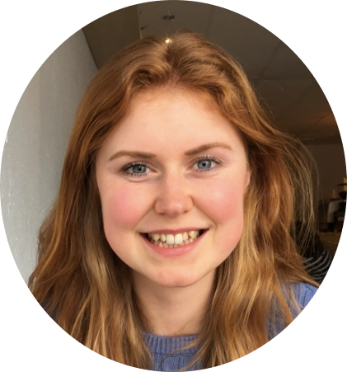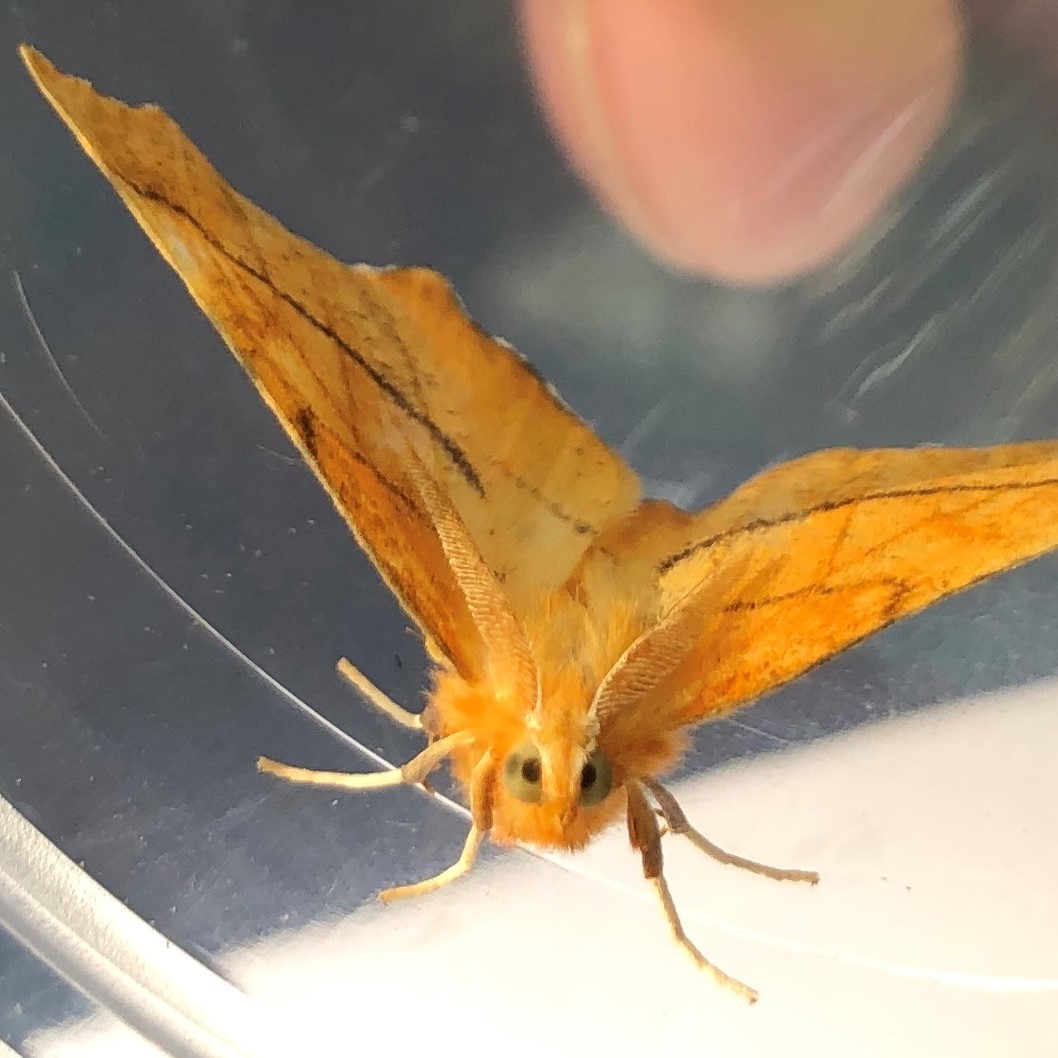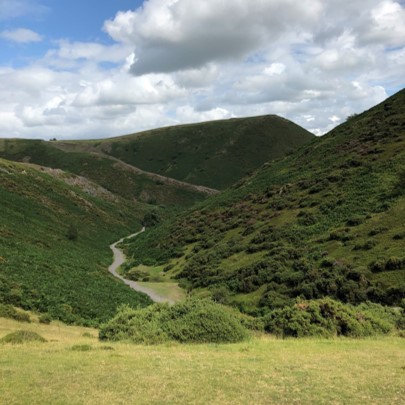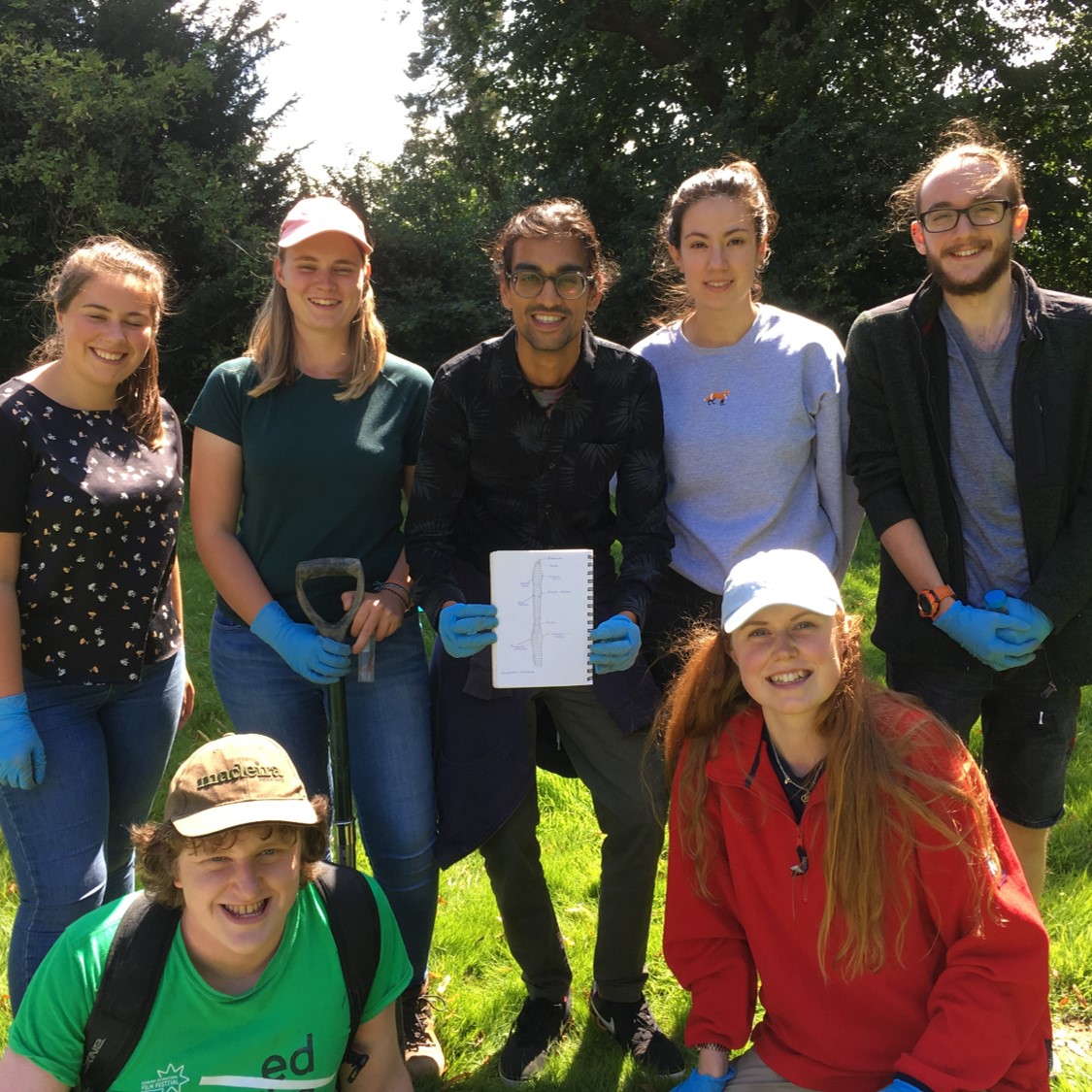Tomorrow's Invertebrate Recorder: Liv Cairns
 Liv Cairns’ passion for the natural world was instilled when she was awarded the Field Studies Council Young Darwin Scholarship in 2013. Beginning with a week long residential, she has since attended an FSC course annually and gained a space on the FSC BioLinks/A Focus On Nature ‘Tomorrow’s Invertebrate Recorders’ .
Liv Cairns’ passion for the natural world was instilled when she was awarded the Field Studies Council Young Darwin Scholarship in 2013. Beginning with a week long residential, she has since attended an FSC course annually and gained a space on the FSC BioLinks/A Focus On Nature ‘Tomorrow’s Invertebrate Recorders’ .
Summer feels incomplete without attending a Field Studies Council course.
A six year tradition that all began with the Young Darwin Scholarship (YDS) I was awarded in 2013. Each year, the FSC scheme selects fourteen 16-18 year olds to attend a five-day residential course focussing on ecology and natural history. The award provides a strong link to a community of likeminded individuals, passionate about sustainability and the environment and further, a subsidy to attend an FSC course each year, until the age of 25.
With two good friends I met at the initial residential, over the years we have travelled to FSC Dale Fort for Marine Science Camp, FSC Kindrogen for the Scottish Mammals course and Flora and Fauna for Hill Walkers. We visited FSC Castlehead for identification with the British Trust for Ornithology and continue to strive to attend varied and broad courses, learning about a different area of ecology each time. What would our focus for 2019 be?
Thanks to the FSC YDS Facebook page, a growing group that connects each wave of selected ‘Young Darwin’s’ year on year, I applied to the A Focus On Nature / FSC BioLinks project Tomorrow’s Invertebrate Recorders course - a week long residential programme providing an introduction to surveying invertebrates. Upon my choosing, I joined ‘Team Earthworm’. I decided this ecological group were an excellent gateway into entomological identification and I wanted to learn more about their unique and pivotal role in soil ecosystems.
 Day one began with the well-known game ‘Articulate’, natural history style and an afternoon of familiarising ourselves with microscopes. We shared our individual thoughts on biological recording and established the varied experience of the group. Interests and knowledge were wide, from bees to springtails, from identification using the Latin name to relying on a sturdy field guide.
Day one began with the well-known game ‘Articulate’, natural history style and an afternoon of familiarising ourselves with microscopes. We shared our individual thoughts on biological recording and established the varied experience of the group. Interests and knowledge were wide, from bees to springtails, from identification using the Latin name to relying on a sturdy field guide.
Day two and by 9am we were up and out investigating the centre’s Skinner Moth Trap that had been set the night before. We recorded over 30 different species, my favourite the August Thorn. Throughout the morning, we continued to discuss the importance of biological recording, how the data we collect is collated and used for monitoring, and why it’s critical to future sustainability of many native species.
 In the afternoon we headed out to Carding Mill valley to put our identification skills to the test, plotting grid coordinates to accurately document the species on iRecord upon return to FSC Preston Montford.
In the afternoon we headed out to Carding Mill valley to put our identification skills to the test, plotting grid coordinates to accurately document the species on iRecord upon return to FSC Preston Montford.
Day three and four and we were fully immersed into the secret life of earthworms. As a complete beginner, I was then unaware of their crucial role in our soils and the service they provide to each habitat. Keiron Derek Brown and Frank Ashwood ran a comprehensive introduction to these segmented, detritus feeding annelids.

With around 31 species in the UK and Ireland we were taken through the 3 main ecological groups – endogenic, epigeic and anecic and then used these to classify individuals we found in the field. Honing our microscope skills, we used pre prepared specimens and keys to identify to species level studying the head type, number of segments before the saddle and location of the male pore. A frustrating, but rewarding process that will certainly take more time to master.
That evening, we had a careers presentation with representatives from the RSPB, The Ecology Consultancy and more, discussing careers in conservation, construction, policy and project management. We studied our CV’s, comparing with one another to collaborate and improve, sharing interview tips and application advice.
The residential was a fantastic opportunity to connect with other graduates with a passion for natural history. I learned much more than I anticipated, just through getting to know each person, hearing of his or her experiences and about the local wildlife in their area (delegates had travelled from the Isle of Lewis to the Channel Islands and many in between). It was encouraging to meet enthusiastic individuals, environmentally conscious and keen to make a profound difference to sustainability through our actions and monitoring.
I finished the week with a fresh love for our natural world, determined to make improve my identification skills and with a newfound love for invertebrates.
Liv Cairns
Tomorrow's Invertebrate Recorder 2019
To find out about more opportunties for young people with the FSC check out our Young People webpage
- k.brown's blog
- Log in or register to post comments



